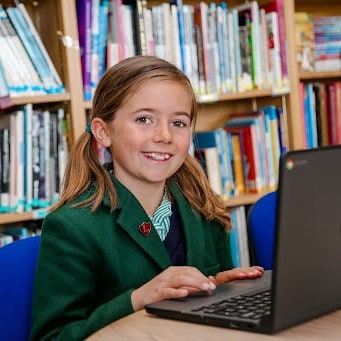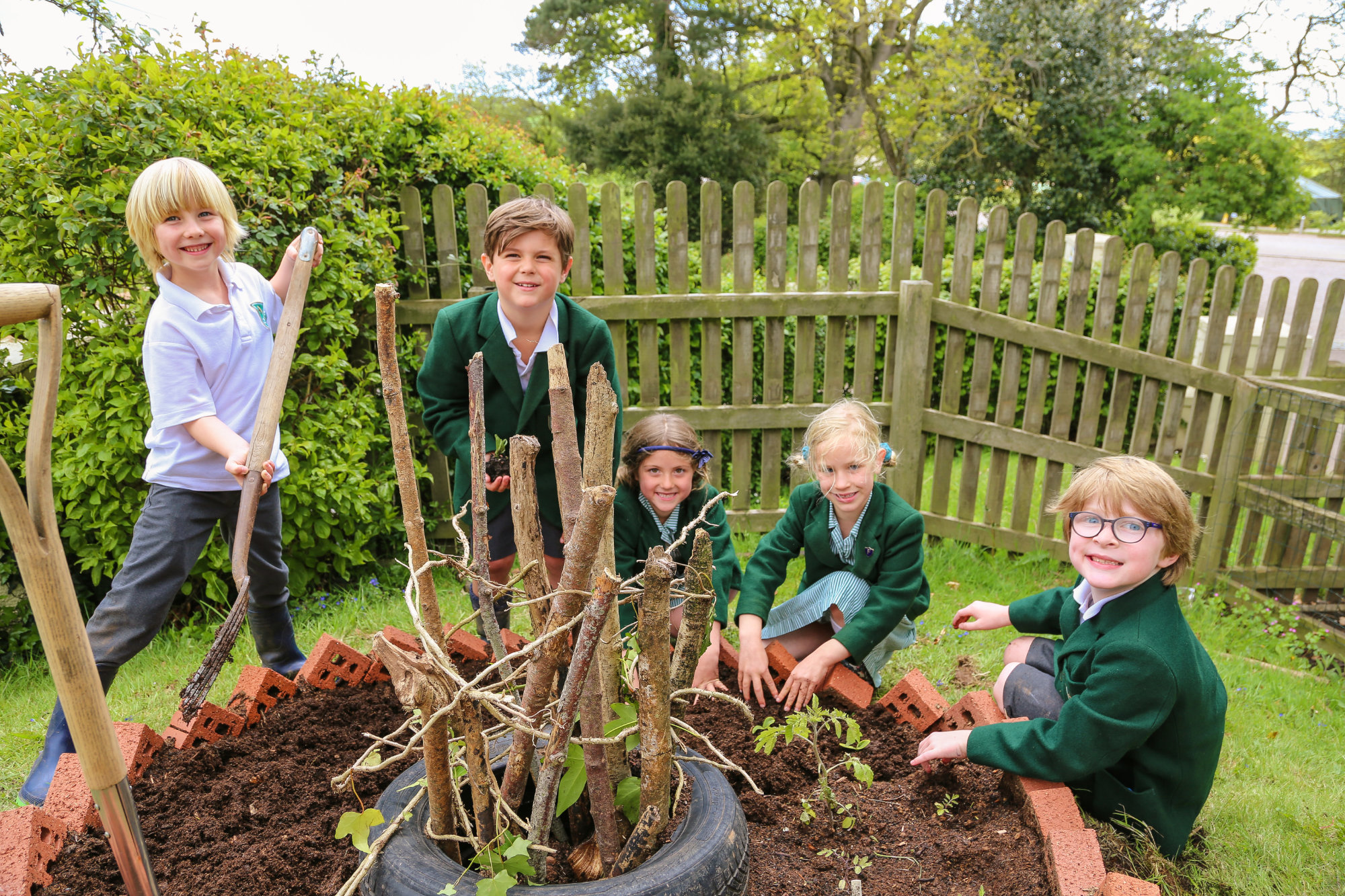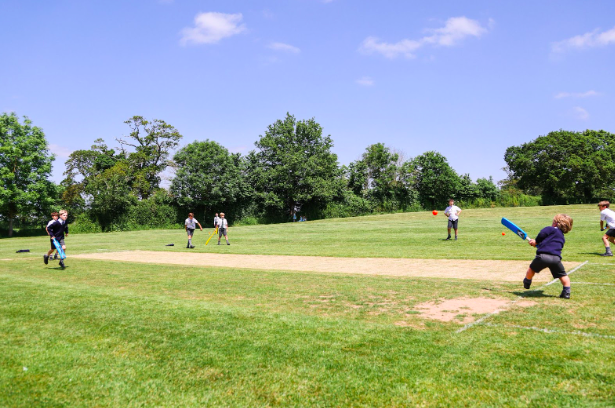It seems impossible to turn on the television or radio these days without hearing about the alarming increase in mental health disorders among young people worldwide. I wrote about elements of this in an article called: ‘Mollycoddling our children’ back in Trinity Term 2019. Click here to refresh your memory.
To continue the conversation forward – the most recent Mental Health Foundation survey results now show that 1 in 8 children have a diagnosable mental health disorder (in 2017, that was estimated as being 4 children in every classroom of 30 children). They also found that almost 1 in 4 children and young people show some evidence of mental ill-health. It is also estimated that half of adult mental health problems were established by the age of 14. Read on to find out what St Peter’s Prep School are already doing to support our young students between the ages of 3-13.
Lucy Ball (Deputy Head of Teaching & Learning)
 The first thing we have achieved is appointing a wellbeing champion.
The first thing we have achieved is appointing a wellbeing champion.
This comes in the shape of the fabulously talented teacher, Mrs. Rebecca Colwill. She goes on to say:
As parents and educators, it is essential that we try to reverse this trend and help the young people in our care to see the joy and wonder in the world and prevent them from dwelling on the negative aspects of our society. Our children are growing up with access to any information they care to investigate through the internet. Although in school, filters are in place to prevent access to inappropriate material, it is almost impossible to ensure that all computers that children use are appropriately restricted. Children are very IT savvy and will find a way to access social media sites and websites designed for older children, so the best we can do is help them to be able to think and question for themselves rather than following the example of others.
So what are we doing about Wellbeing?
We are supporting learners to develop their resilience, confidence and independence.
Here at St Peter’s Prep School, we are approaching this through the introduction of Philosophy 4 Children in the classroom, through all subjects, and through developing a PSHE curriculum which raises difficult subjects. All elements of which can be debated and reflected upon in a safe forum. Pupils at St Peter’s will develop the skills to help them to ‘… become more thoughtful, more reflective, more considerate and more reasonable individuals.’ Lipman, M. (1996:15) Philosophy in the Classroom.
We will help the children to know how to keep physically and mentally healthy.
St Peter’s has always been very good at keeping children physically fit with an excellent Sport, PE and Games programme. There are Independent Listeners available to the school who regularly visit, as well as a weekly Listening Surgery with Mrs. Wellington-Smith on Friday break time 10.40 am. We have rewards, celebration assemblies and celebration newsletters to ensure that children share in the achievements of each other and learn more about the opportunities available to them. A reward-based culture and not sanctions-led culture creates an environment of trust and harmony.
Develop a curriculum that includes mental health as part of RSE and fits within PSHE.
In order to stay mentally healthy, we have introduced mindfulness units of work into the curriculum in Year 3 and 4. Pupils complete a ‘PawsB’ and a ‘dotB’ course across the 2 years; as a result, they build up mindfulness skills and techniques for use throughout the rest of their lives. Plus we also offer mindful activities or meditations on occasion throughout the school. In addition, most classes have introduced ‘Acts of Kindness’ in a variety of styles. The idea is that the children are challenged to act kindly towards other children. When we partake in kind acts towards others, our brains’ reward centres are firing and our bodies release happy hormones. This, in turn, boosts our own sense of happiness. It is a circle of positivity. Another way the school achieves this is through the fundraising activities for our current charity ‘Devon Wildlife Trust’. By raising money for a good cause, children feel that they are making a positive impact.
Firstly the staff have to look at their own Wellbeing
 This does impact directly on the children that we teach.
This does impact directly on the children that we teach.
They are always looking to find ways to improve the mental wellness of our pupils. Teachers prioritising happiness and wellbeing benefits them and the children. Each form tutor (Y5-8) have been given a copy of ‘You are Awesome’ by Matthew Syed which they are reading in their tutor sessions. Next term, this book will be shared with Year 3 and 4 as well. There is a copy in the Hub if any parents would like to read the book.
It is inspiring and the children can associate with the idea of being ‘Kid Awesome’.
We are encouraging the children to feel that they belong to a ‘tribe’ within their tutor groups, where all children have a responsibility to look out for the wellbeing of every other member of the group. In the Central Zone, we have introduced a ‘Buddy Bench’ where anyone who is feeling alone or that would like to talk can sit. Usually, the children scoop up these individuals before the duty teacher becomes involved thus, so far, no child has had to sit there for long.
Children’s minds are very easily influenced and they are often shaped by feedback from parents and teachers. If we teach the children to have a positive outlook and to believe in their own abilities, they will be happy to internalise this. We should help them to challenge and reframe any inaccurate negative beliefs and lift their moods so that they can enjoy being a child.
During Lent Term, we will be working with the children to identify their own strengths and how they can use these strengths to enable them to create a successful and content future. In the meantime, every day should be started with a positive statement so that the children can face the challenges ahead.
By working together, we can equip the children to ride the wave of social media and negative world news and to believe in their own capabilities to lead a positive and joyful life.
To get everyone off to a good start, please find below a Calendar of Self Care September and an Optimism chart for the month of October. Everyone can start looking at the world from a more optimistic and constructive viewpoint.











